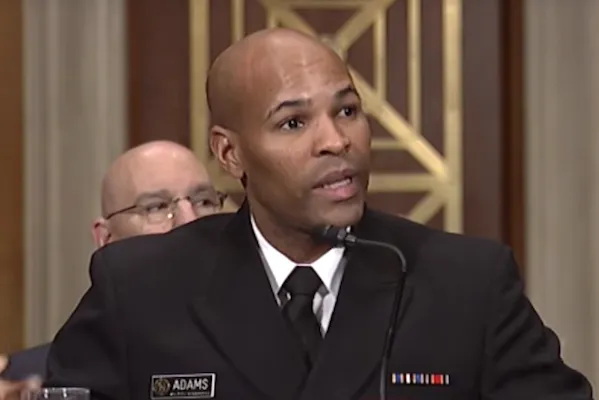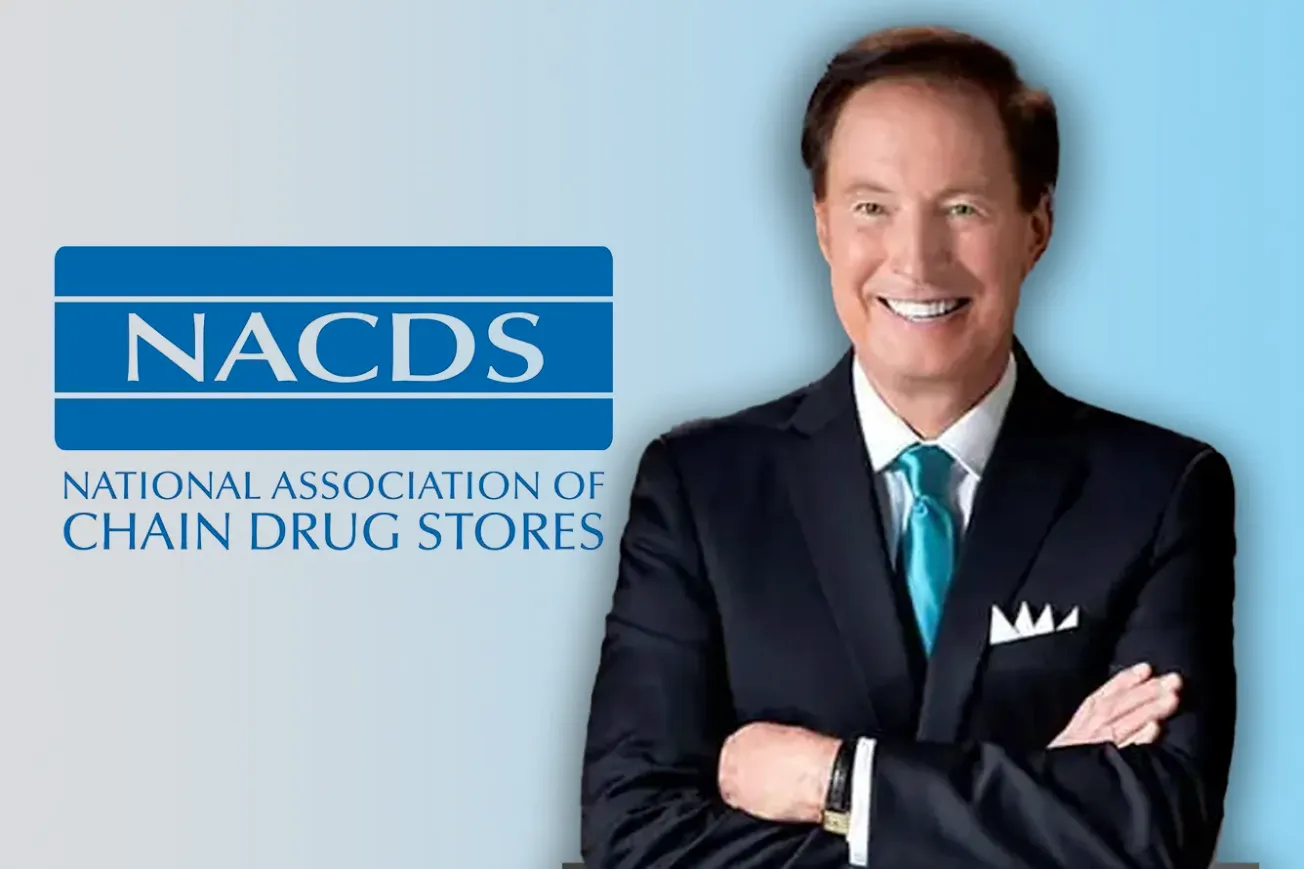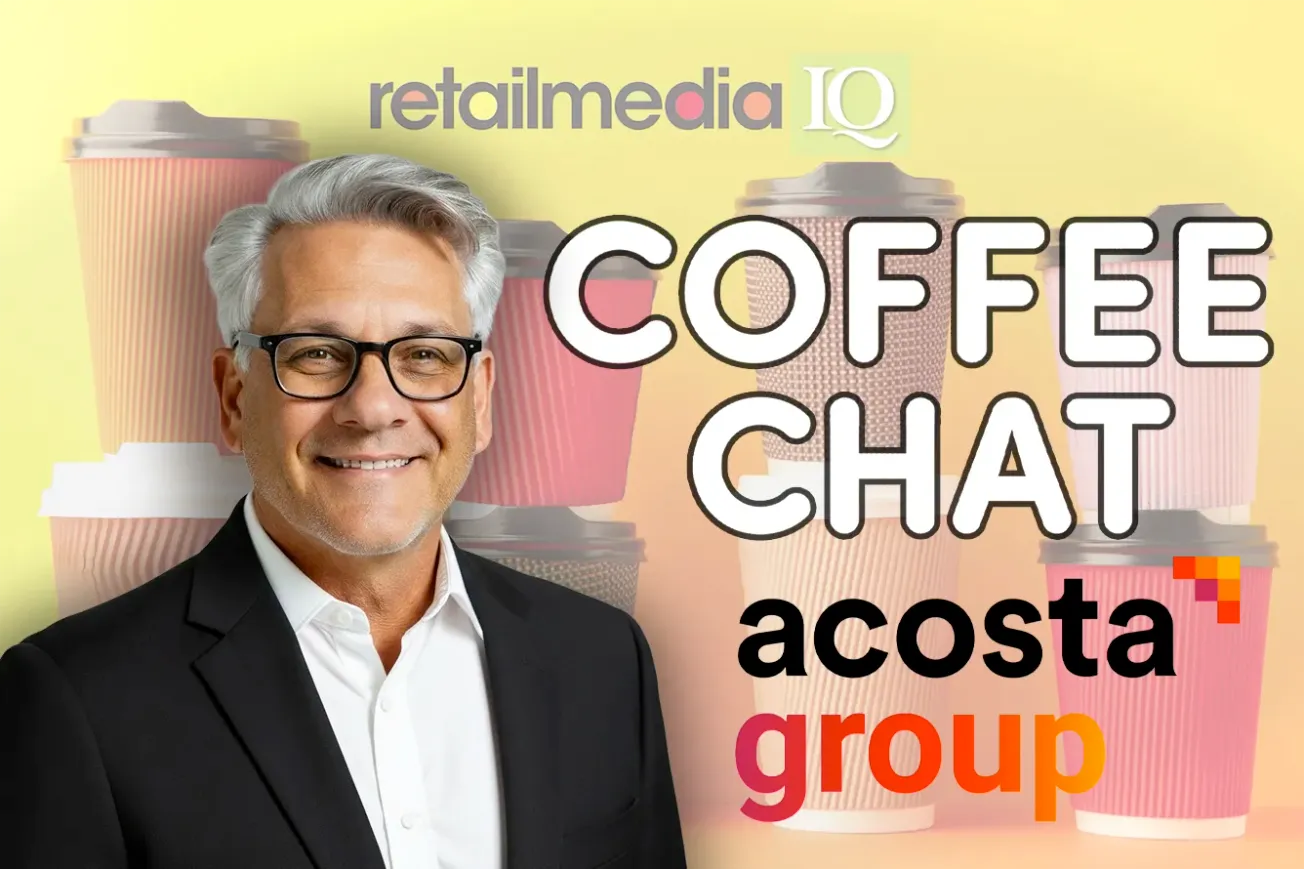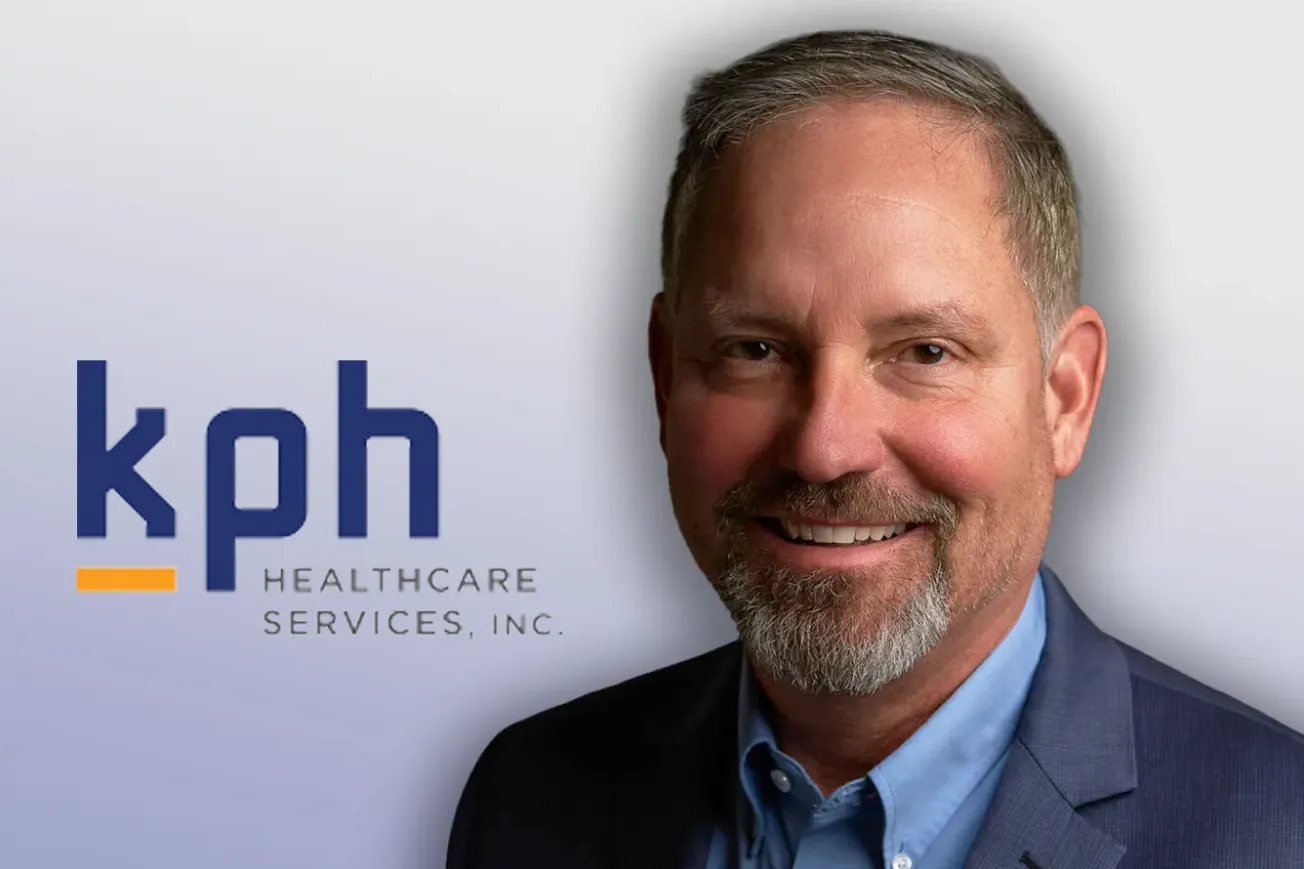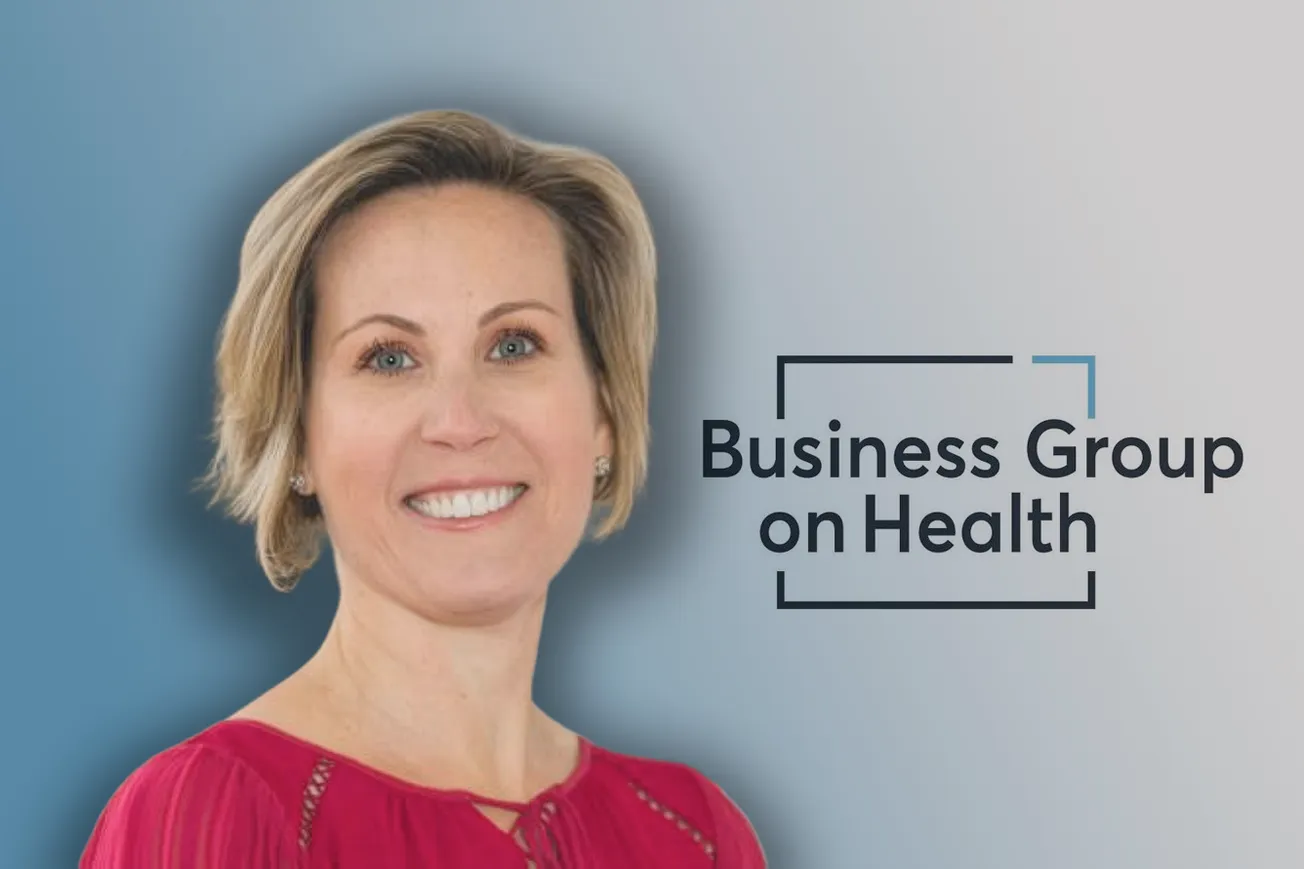U.S. Surgeon General Jerome Adams, M.D., and Sen. Sheldon Whitehouse (D., R.I.) hailed CVS Health’s efforts to cut tobacco use in a recent hearing of the Senate Health, Education, Labor and Pensions (HELP) Committee.
The session, titled “Encouraging Healthy Communities: Perspective from the Surgeon General” and held last week, focused on furthering public wellness and taking a preventive approach to health care.
In his testimony to the Senate HELP Committee, Adams cited CVS Health as an example of a company working to better public health via its move to eliminate tobacco products from all of its stores. He also referred to the company’s name change several years ago to CVS Health to emphasize its health care commitment.
“The business sector is a critical partner in helping achieve gains in the wellness of Americans. The private sector pays for about half of total health care spending in the United States. Rather than viewing health merely as an insurance expense to be controlled, more companies are seeing the building of a health culture as a business opportunity,” Adams said in his testimony. “After CVS removed tobacco products from store shelves and renamed itself CVS Health, new revenues more than made up for lost sales while also reducing the purchases of cigarette packs by at least 95 million at all retailers.”
That drew plaudits from Whitehouse, as CVS Health is based in his home state.
“Thank you for mentioning CVS in your testimony,” Whitehouse told Adams at the hearing. “CVS is headquartered in Woonsocket, R.I. We’re very proud of that company, and we’re particularly proud of that company’s decision to take cigarettes out of all of its stores. And indeed, they quit the U.S. Chamber of Commerce when it was discovered that the Chamber of Commerce was attacking tobacco regulations around the world. So they have really dialed in on the health concerns about tobacco.”
Adams added about CVS’ tobacco decision, “And even though they took an initial hit, they are actually more profitable because they made a healthy decision. I think that’s important for folks to understand. … It actually made economic sense for them in the long run.”

